Buckwheat is a gluten-free, nutrient-rich seed that has gained popularity for its health benefits and versatility in cooking. It is a flowering plant in the knotweed family Polygonaceae. This article covers its impressive nutritional profile, health advantages, and how you can incorporate buckwheat into your meals with delicious recipes. Buckwheat and its products, including buckwheat honey, can be an acquired taste but are highly appreciated by those who develop a taste for them.

Key Takeaways
- Buckwheat is a gluten-free, nutrient-dense food rich in protein, fiber, vitamins, and antioxidants, making it a valuable superfood for overall health.
- Buckwheat is a rich source of plant-based protein, making it a great choice for vegetarian and vegan diets.
- Incorporating buckwheat into your diet can aid in managing blood sugar levels, support digestive health, and promote cardiovascular well-being.
- Despite being a generally safe food, individuals with allergies—particularly those sensitive to poppy seeds—should exercise caution when consuming buckwheat.
Nutritional Profile of Buckwheat

Buckwheat is distinguished as a fruit seed, setting it apart from conventional grains such as wheat and rice. It is considered a pseudocereal because its seeds’ high starch content allows them to be used in cooking like a cereal. Nevertheless, buckwheat is frequently employed in comparable manners through its derivatives: buckwheat flour, noodles made of buckwheat, and grains derived from the same plant. As a result, these forms make for an outstanding substitution in numerous dishes that typically rely on wheat flour by offering a gluten-free alternative.
The nutritional value of buckwheat is exceptionally high. It boasts an abundance of protein and fiber along with vital minerals like manganese and magnesium, copper inclusion, alongside B-complex vitamins. These elements are crucial for sustaining overall well-being by aiding metabolic functions and boosting energy levels among other benefits. Buckwheat’s rich fiber content notably aids digestive health by facilitating regular bowel function to ward off constipation while its resistant starch contributes positively to digestion which might also diminish colon cancer risk.
Reinforcing digestive wellness via bolstering beneficial intestinal bacteria populations due to its robust fiber composition — one serving size of the hearty buckwheat groat roughly equates to 137 calories — this underscores why buckwheat holds increasing esteem as a powerfully nutritious superfood capable of promoting good health. To enhance flavor, buckwheat can be toasted in a dry pan before cooking.
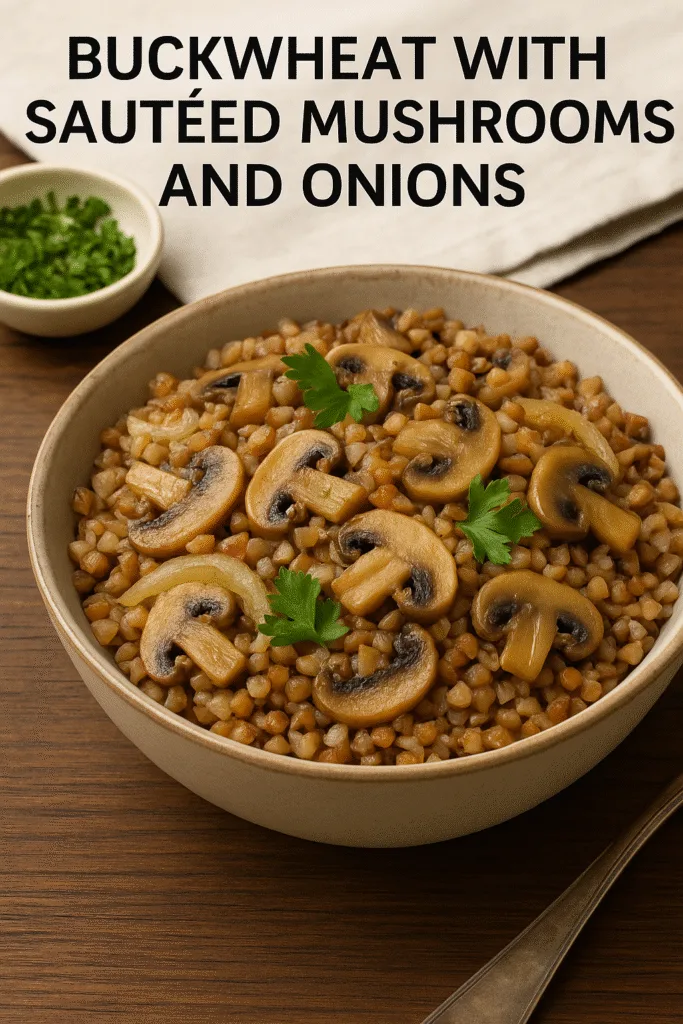
Naturally gluten free
Buckwheat boasts the significant benefit of being inherently free from gluten. This characteristic renders it an ideal ingredient for those with a sensitivity to gluten or coeliac disease, as it enables them to indulge in an array of culinary delights without the threat of encountering gluten. The name ‘buckwheat’ comes from its tetrahedral seeds that resemble the seeds of the beech tree. Buckwheat flour serves as a fantastic substitute for wheat flour, facilitating the creation of bread, pancakes, and numerous other delicious treats that are devoid of gluten.
For individuals required to eschew gluten consumption, products derived from buckwheat present a wholesome and palatable alternative. Utilizing buckwheat groats, noodles made from buckwheat or unprocessed raw buckwheat allows one to assemble tasty meals in compliance with a diet lacking in gluten. Due to its flexible nature within cooking applications, you can seamlessly integrate buckweat into everything ranging from morning cereals right through substantial main dishes.
Additionally,the fact that bickwat is noturally sans-gluten means its enjoyment isn’t limited solelyto thoise who abstain frim gliten due ti dietary restrictions;it’s also healthful,nourishing selection fir anyone wishinmg tio augment their food intake wit divers options Experiemnting with bisckawhest when prapering your repasts permets yoou toi maintian atylish teht;s free form fluetn while still savring rich flavors ans essentail nutrients

High in antioxidants
Raw buckwheat is renowned for its exceptional antioxidant content, surpassing many typical grains. It’s rich in valuable plant compounds such as rutin and d-chiro inositol, which are instrumental in safeguarding the body against oxidative stress and inflammation—both of which are associated with numerous chronic illnesses. Buckwheat honey, derived from the same plant, has a strong earthy flavor with nutty sweetness and bitter accents. Adding foods loaded with antioxidants like raw buckwheat to your regular diet can play a vital role in enhancing overall health and vitality.
Indulging in organic raw buckwheat honey is an excellent method to boost your intake of these potent antioxidants. Unlike processed variants, this form of honey preserves a greater quantity of nutrients and antioxidant elements. By incorporating organic raw buckwheat honey into your dietary regimen, you stand to gain extra health benefits from this delectable sweetener that complements a variety of dishes and drinks beautifully.

Beneficial for blood sugar levels
Buckwheat is known for its ability to aid in regulating blood sugar levels, attributable to its abundant fiber content and moderate glycemic index. It has been shown that the consumption of buckwheat can contribute to a reduction in blood sugar levels, which is especially advantageous for individuals who are managing diabetes. The effective control of blood sugar is essential for preserving general health and wellbeing, particularly in those suffering from diabetes.
Adding buckwheat products into your diet may be an effective approach towards stabilizing blood glucose. Whether one opts for savory buckwheat pancakes as part of their morning meal or indulges in a robust kasha at evening, the multitude of health benefits associated with buckwheat surpasses simply its nutritional value and renders it an invaluable component within any well-rounded dietary regimen.
Health Benefits of Buckwheat Products
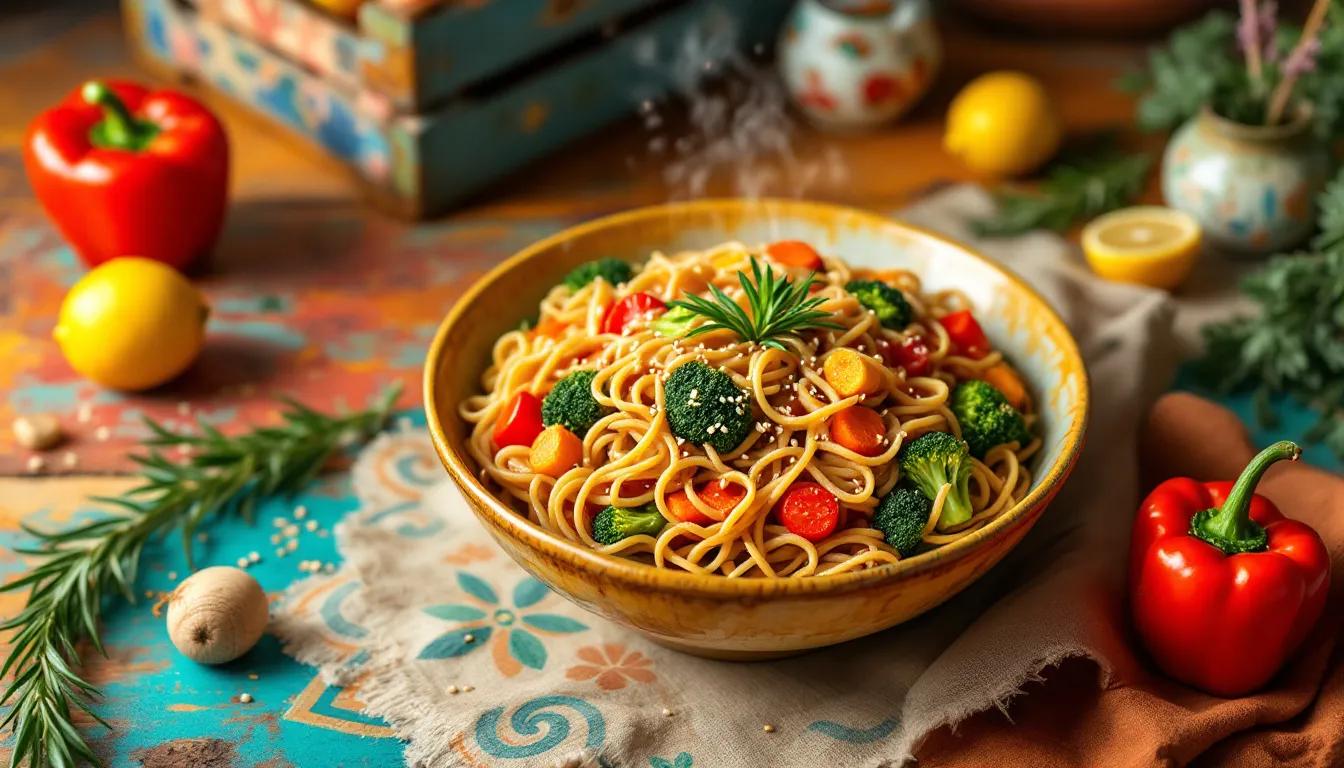
Buckwheat products are nutritionally superior to many traditional grains, boasting a plethora of vital minerals and antioxidants. Consuming 100g of boiled buckwheat delivers about 118 calories, along with an impressive array of nutrients including 4.3 grams of protein, 1.2 grams of fat, over 21 grams of carbohydrates and approximately 2 grams of fiber. Thus enhancing energy levels and general health.
Rich in dietary fiber as well as having a low to medium glycemic index value means that buckwheat can aid in blood sugar regulation while enhancing insulin sensitivity. Noteworthy is its content rich in potent antioxidants like rutin and quercetin, which may decrease the risk factors for cancer development and bolster cardiovascular health.
The adaptability inherent in buckwheat flour ensures it’s an integral ingredient across various dishes worldwide. Its application ranges from fluffy pancakes to intricate noodles offering both nutritious benefits coupled with palatable taste sensations—exemplified by soba noodles made predominantly from this same flour enjoyed either chilled or immersed hot soup broths prevalent throughout Japan. Similarly, kasha composed chiefly toasted groats found extensively within Eastern European culinary traditions celebrated not just for their distinctive hearty flavor but also for the wellness advantages they carry.

Heart health support
Incorporating buckwheat into your diet regularly can contribute to improved cardiovascular health by reducing cholesterol and triglyceride levels. Buckwheat is laden with compounds that impede the assimilation of cholesterol in our bloodstream, thus efficiently regulating cholesterol levels. As a result, adding buckwheat to your dietary routine bolsters heart health.
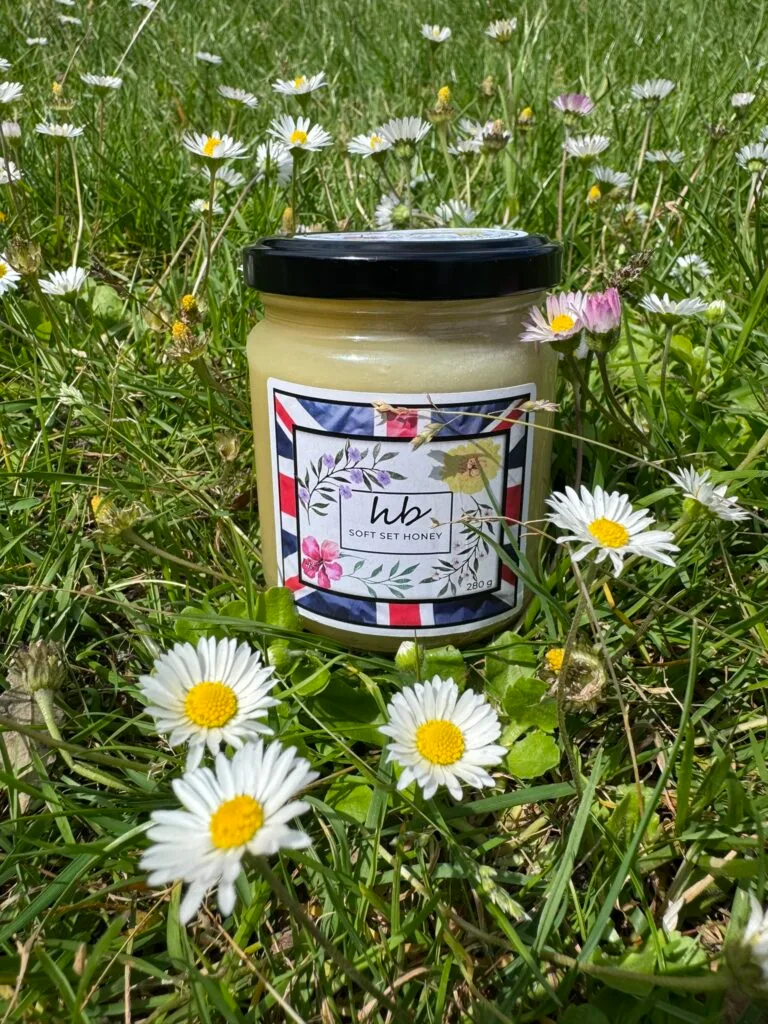
Rich in the compound rutin, buckwheat may assist in lowering blood pressure and enhancing cholesterol profiles. Its content of magnesium and fiber Augments cardiac well-being by optimizing cholesterol equilibrium and diminishing risk factors associated with heart ailments. Consuming buckwheat serves as an effective natural strategy for promoting cardiovascular wellbeing.
Antioxidants present in buckwheat such as rutin and quercetin amplify its capacity to support the health of your heart. These substances are instrumental in safeguarding against oxidative stress and inflammation—factors commonly associated with cardiovascular conditions. By integrating buckwheat within one’s diet, individuals not only reap its nutritious rewards but also actively nurture their cardiac health.
Gut health
Consuming a portion of buckwheat groats provides approximately 4 grams of dietary fiber, which is essential for sustaining digestive wellness. The presence of fiber aids in fostering consistent bowel movements and averting constipation, thereby bolstering overall gastrointestinal health. The abundance of fiber found in buckwheat groats enhances the proliferation of advantageous intestinal bacteria, playing a vital role in maintaining a robust gut microbiota.

Along with its high-fiber content, buckwheat contains resistant starch that augments healthy digestion and potentially decreases the likelihood of developing colon cancer. Integrating buckwheat into your nutritional regimen can result in enhanced digestive function and an uplifted state of general health.
Opting to consume buckwheat as porridge or through various other culinary applications brings forth marked advantages for gut health due to its beneficial properties.
Rich source of protein

Buckwheat groats are a nutrient powerhouse, boasting the presence of all nine essential amino acids required by our bodies. This attribute renders it an exceptional choice for those following plant-based diets in search of high-quality protein sources that might be scarce in other vegetarian foods. When you consume 100g of buckwheat, you’re ingesting roughly 4.3 grams of this valuable protein.
Incorporating these grains into your diet is simple and beneficial – with each serving contributing about 5 grams of protein to your meals. Buckwheat can significantly aid individuals seeking to bolster their muscle mass or enhance overall health through increased protein consumption. The comprehensive range of amino acids found in buckwheat assures that your body receives the vital components needed for its well-being.
Beyond just its commendable protein content, buckwheat lends itself splendidly to an array of culinary creations from fluffy pancakes to hearty kasha dishes, providing both taste and nutrition on one plate. By making room for buckwheat in your meal planning, you pave the way towards more balanced and healthful eating habits due to its richness not only in proteins but also other indispensable nutrients essential for optimal health.
Is Buckwheat Safe for Everyone?
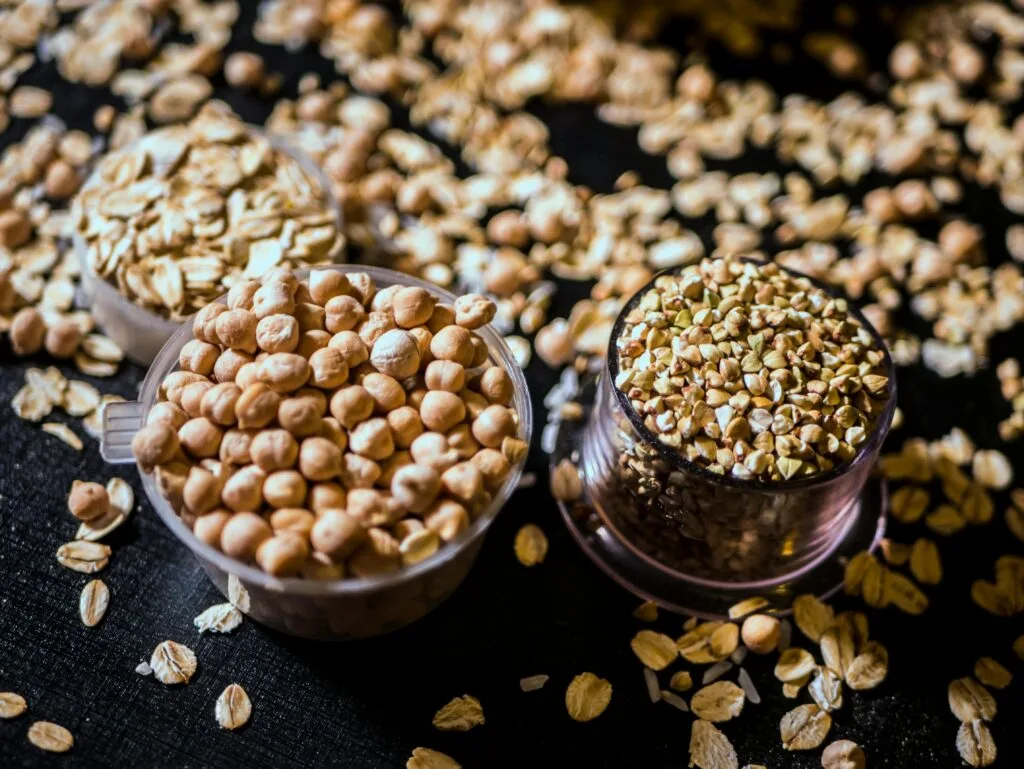
Buckwheat is typically recognized as safe and nutritious, yet it can induce allergic reactions in some people. This is notably true in regions such as Japan and Korea where buckwheat is regarded as a significant allergen. While buckwheat allergies are relatively uncommon in places like the UK, there may be an increase in allergy reports with the rise of its popularity internationally.
Cross-reactivity occurs when someone who has an allergy to poppy seeds also reacts to buckwheat because of similarities between their proteins. Prolonged exposure could lead to developing an allergy. For instance, individuals sleeping on pillows stuffed with buckwheat husks might become allergic over time. Recognizing these potential allergies and adopting appropriate safeguards is crucial.
For those sensitive to it, eating buckwheat can cause intense allergic responses up until anaphylaxis—a severe reaction that requires immediate medical attention. Although not listed among the top 14 food allergens legally required for labeling disclosure within the UK’s regulations, consumers should remain vigilant by thoroughly examining product ingredients lists before consumption. Staying informed and careful allows one to safely enjoy all that buckwortweet offers while avoiding adverse health issues related to allergies.
Delicious Buckwheat Recipes
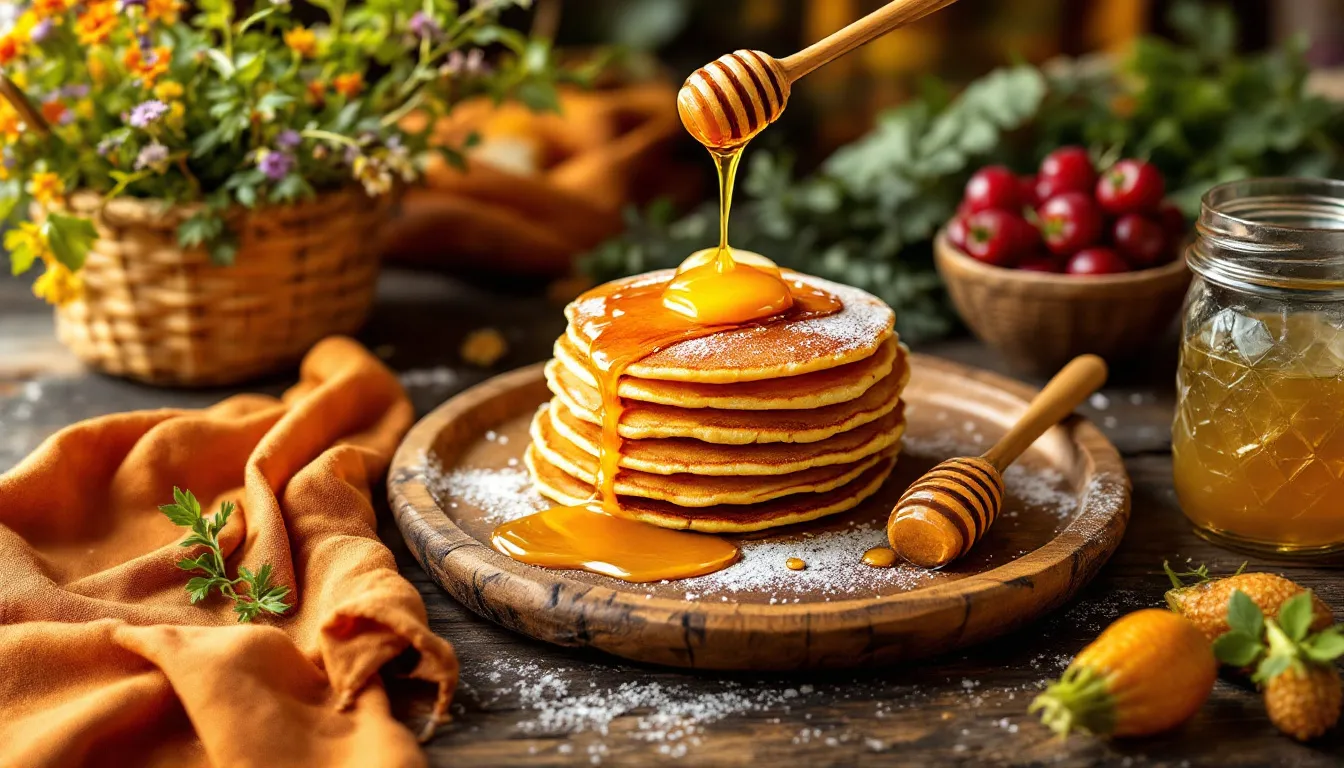
Buckwheat serves as a dynamic component capable of adding both exceptional taste and nutritional value to an array of recipes. It’s frequently utilized from morning fare to evening feasts, positioning it as an essential item in numerous culinary arsenals. Whether you’re whipping up some buckwheat pancakes, crafting soba noodles, or preparing kasha, the range of potential creations is boundless. Buckwheat honey can also enhance the flavor of various culinary treats, including breakfast items, sauces, and desserts.
For those seeking a gluten-free breakfast alternative that doesn’t sacrifice flavor, buckwheat pancakes are an excellent choice. They’re simple to prepare and satisfyingly delicious. Soba noodles also hold a place among beloved dishes—integral to Japanese cooking—and can be enjoyed chilled or within a steamy broth. Meanwhile, Kasha hails from Eastern Europe where toasted buckwheat groats impart their distinctively nutty essence into versatile accompaniments for various entrees.
Engaging with these varied preparations allows one not only to relish the distinctive palate offered by buckwheat, but also benefit from its nutritious profile. With its adaptability and health-enhancing qualities, buckwheat stands out as a precious element suitable for enhancing meals across any diet with delectable wholesomeness.
Buckwheat pancakes
To prepare buckwheat pancakes, mix together eggs, milk, and a choice of sweeteners such as honey or molasses with buckwheat flour. Then cook the mixture on a heated griddle until each side reaches a golden-brown hue. These tasty pancakes are free from gluten, which is ideal for individuals sensitive to gluten.
You can enhance your experience by topping these buckwheat pancakes with toppings like organic raw buckwheat honey, freshly cut fruit pieces or creamy yogurt. This blend of tastes and consistencies turns this meal into an exquisite breakfast treat. Organic raw buckwheat honey can also enhance many other culinary treats, such as sauces, cheeses, salads, and desserts.
Utilizing buckwheat flour in pancake recipes provides you with both nutritious benefits and fulfills your morning hunger effectively.
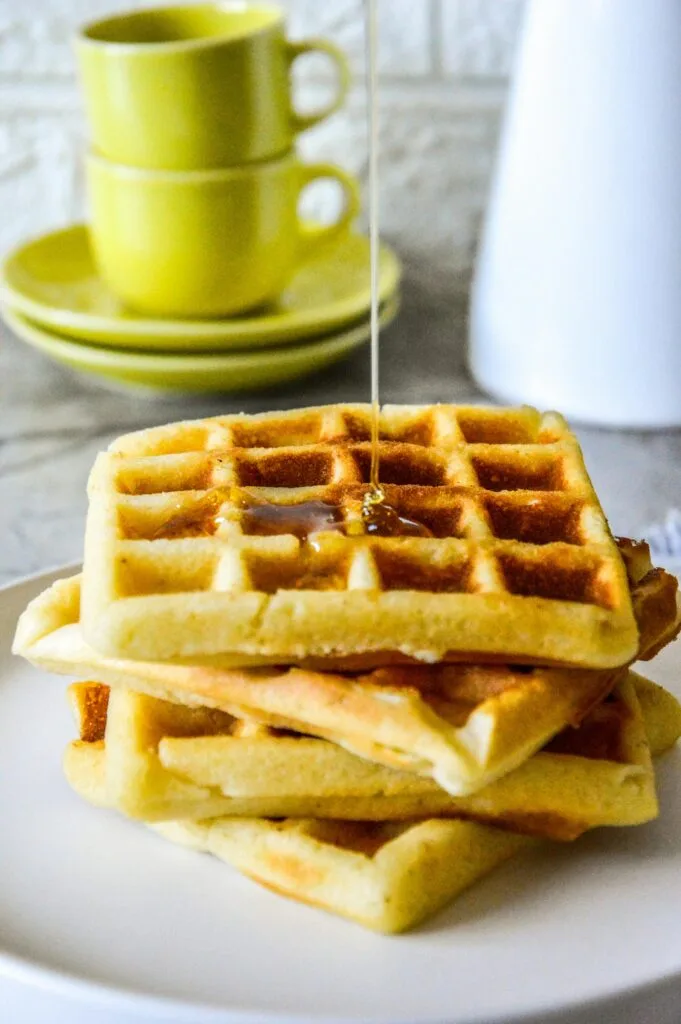
Soba noodles
Soba noodles, a staple in Japanese cuisine, are crafted from buckwheat flour and offer an array of culinary uses. For cooking soba noodles, they should be boiled without salt for four to five minutes before being drained and swiftly cooled under running water to stop them from sticking together. This process enables one to enjoy the noodles in either a refreshing cold dish with various dips or enveloped in a warming broth for a diverse and healthful dining experience.
These noodles come with a distinctive nutty taste that complements many different components perfectly, making them an ideal element for incorporating into salads, soups, or stir-fried dishes. Utilizing soba noodles in your meals not only allows you to savor the advantageous properties of buckwheat, but also invites you to experiment with bold new tastes. Served piping hot or refreshingly chilled, these flavorful soba strands contribute both nourishment and pleasure to any eating regimen.
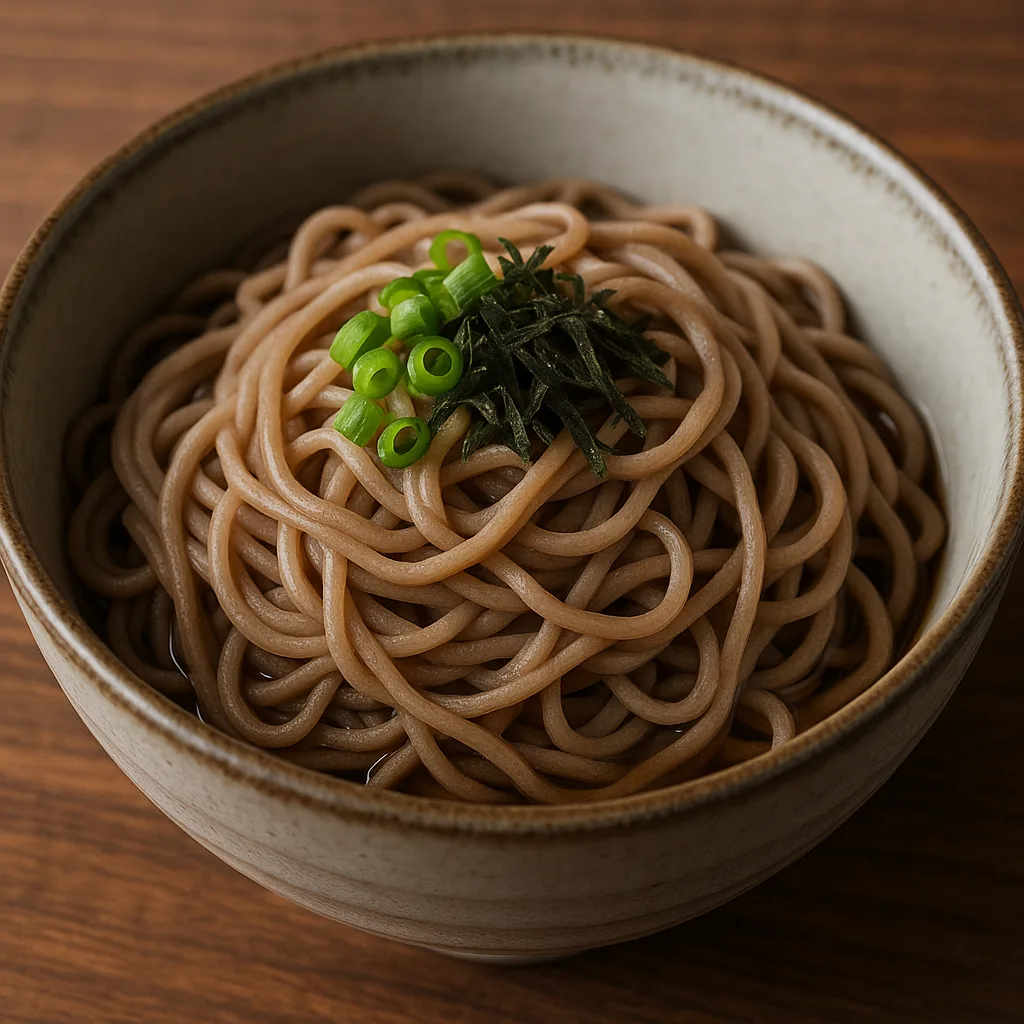
Kasha
Prepared from toasted buckwheat groats, kasha is a beloved Eastern European dish revered for its distinctive nutty taste and healthful qualities. To create kasha, first brown the buckwheat groats in an ungreased pan until they reach a rich golden hue. Then simmer these roasted groats in water or broth for 10 to 15 minutes until they soften. This straightforward cooking technique amplifies the inherent flavors of the buckwheat, yielding a scrumptious accompaniment or a filling stand-alone entree.
Whether you opt for it as a savory companion to your meal or transform it into sweetened breakfast porridge, kasha complements an array of additions including vegetables, assorted meats, and even fruits drizzled with honey for those who prefer something sweeter. Kasha’s adaptability ensures its place as a useful component within any dietary regimen. It offers both nutritionally dense sustenance and can be tailored to match individual flavor preferences.
The Wonders of Buckwheat Honey
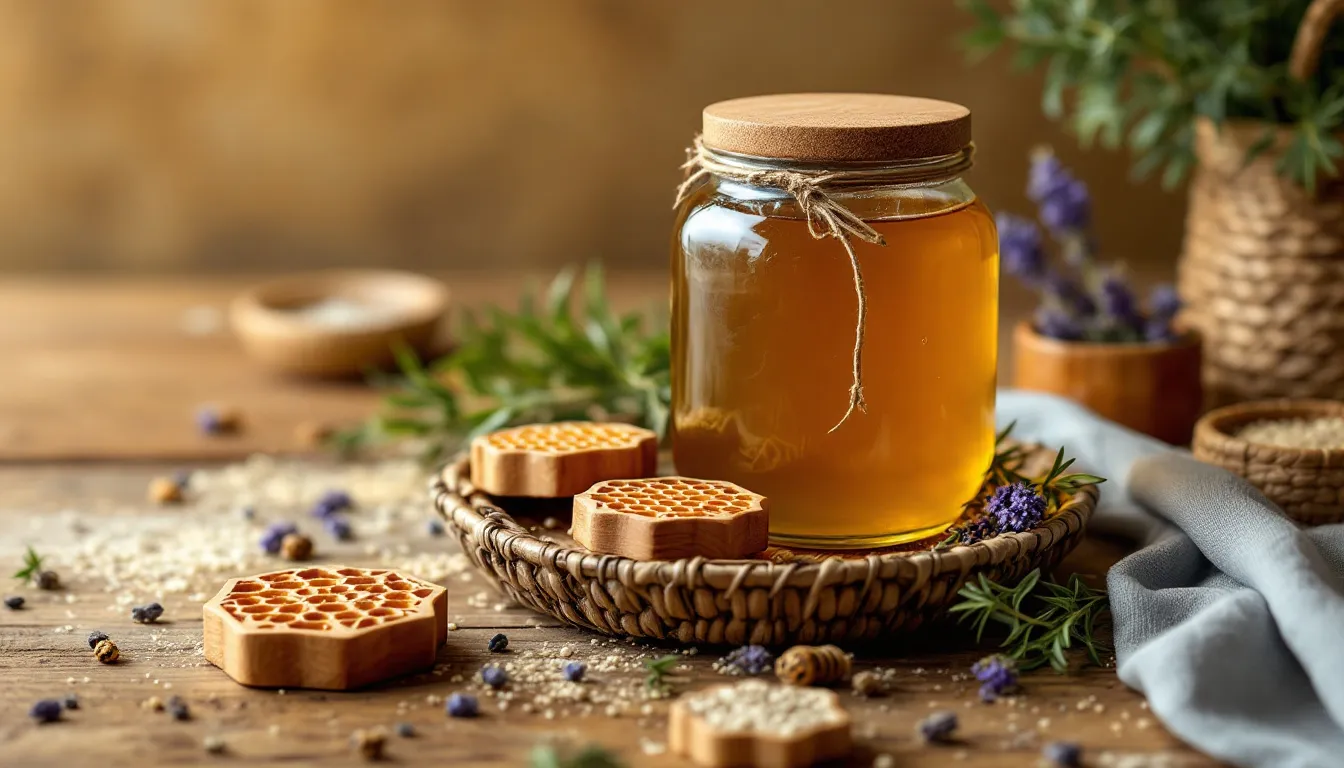
Renowned for its deep hue and robust taste, buckwheat honey emerges from the labor-intensive process where bees harvest nectar from the diminutive blossoms of buckwheat plants. This distinctive variety of honey not only offers a sumptuous flavor but is also brimming with health benefits attributed to its abundant antioxidant levels. Buckwheat honey, as a type of raw honey, retains its natural healing properties and offers a unique taste that caters to connoisseurs. Buckwheat honey adds a unique flavor to coffee, fruit, cakes, pastries, and desserts. Its pronounced coloration and singular taste have garnered it favor among those seeking both culinary enrichment and nutritional benefits.
Buckwheat honey’s reputation as a boon for well-being is grounded in its exceptional characteristics, although research into specific health effects is warranted. The substantial antioxidant concentration alone renders it an invaluable inclusion within any dietary regimen. Utilized as either a sweetening agent in beverages like tea, an embellishing drizzle over yogurt, or as an aromatic depth enhancer in various culinary creations, buckwheat honey seamlessly marries palatable delight with wholesome nourishment.
Organic raw buckwheat honey
Organic raw buckwheat honey serves as a natural sweetening agent, preserving more of its nutritional value and containing fewer additives than its processed counterparts. Opting for organic honey contributes to enhanced health benefits due to superior nutrient preservation and the reduction of unnecessary substances. Selecting this type of raw buckwheat honey guarantees that you consume a purer product with benefits that bolster overall well-being.
Adding organic raw buckwheat honey into your everyday meals enables you to enjoy its robust taste alongside various health advantages. It’s perfect for enhancing the flavor of your morning tea, adding richness to your preferred yogurt, or using it in culinary recipes as a natural sweetener. The multifaceted uses and substantial nutritional content make organic raw buckwheat honey an essential component in any culinary space.
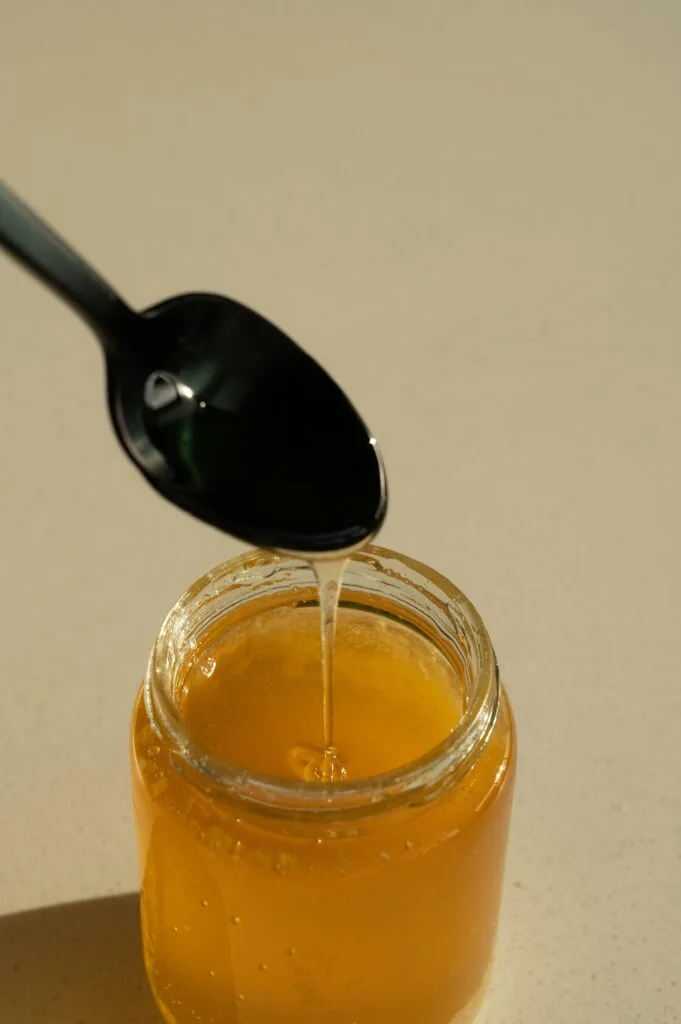
Pure unprocessed honey
Unprocessed pure honey stands out from its processed counterpart by preserving beneficial enzymes and nutrients that contribute to its health-boosting properties. It is a healthier alternative for sweetening, surpassing refined sugars due to these retained natural substances.
Adopting unprocessed pure honey into your daily consumption can significantly enhance your culinary experiences while offering substantial health advantages. Its delightful sweetness makes it an ideal ingredient in baked goods, a perfect complement drizzled over porridge, or even savored directly from the spoon as a nutritious treat.
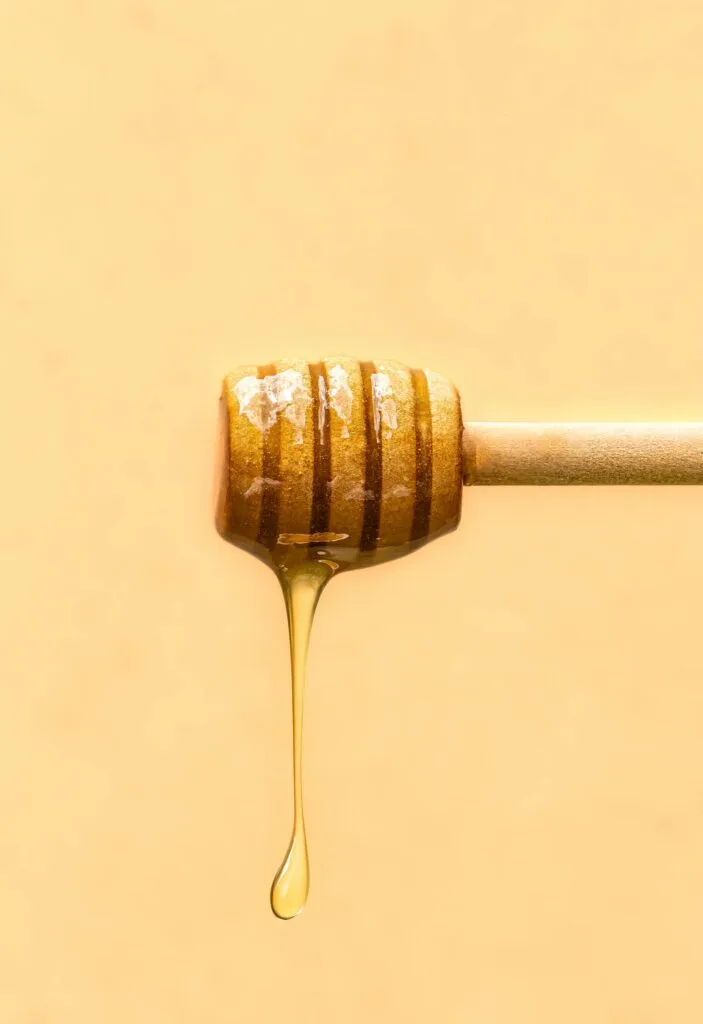
Cooking Tips for Buckwheat

Buckwheat proves to be an adaptable ingredient for culinary use and is often included in classic dishes such as pancakes, noodles, and assorted side dishes. To enhance buckwheat’s taste and texture, several straightforward cooking techniques can be applied. For example, kasha—which consists of toasted buckwheat groats—benefits from being sautéed before boiling to intensify its nutty essence while ensuring the desired consistency.
It’s also advisable to wash buckwheat groats prior to their preparation with the aim of eliminating any debris. A step that can raise the caliber of your final dish considerably. When crafting fluffy buckwheat pancakes, blending ingredients like eggs, milk, baking powder with the flour helps achieve a tender structure within your stack. By adding all-purpose or gluten-free flours into this mix alongside the traditional dark-hued flour made from buckwheat itself will result in even lighter fare without glutinous components.
The preservation of freshness for products containing buckwahet requires proper storage methods too: they should reside within hermetic containers situated in cool environments devoid of light exposure, which promotes longevity on one’s pantry shelf. Utilizing these preparatory recommendations enables you to harness both full-bodied flavor profiles as well as healthful gains attributable when incorporating it into various recipes.
Gently warm
To retain moisture when microwaving already cooked buckwheat, it’s advisable to add a small amount of water. Careful reheating of buckwheat products not only maintains their nutritional integrity, but also improves their taste. Cooking buckwheat for 10 to 15 minutes is optimal to achieve thorough cooking while preserving its nutritious elements.
It is critical not to reheat the buckwheat excessively since this may lead to drying out and diminishment of its health-promoting attributes. A gentle warming process ensures that you can enjoy both the complete nutritional advantages and the delectable taste inherent in buckwheet products with every serving.
Avoid direct sunlight
To maintain the quality of buckwheat products, it is crucial to store them away from direct sunlight in a cool, dark location. Exposure to sunlight can diminish the nutrients and alter the taste of buckwheat, making proper storage vital. By using an airtight container and placing it in either a refrigerator or freezer, you can help preserve its quality and prolong its usability. Cooked buckwheat can be stored in the fridge for up to 3 days.
By taking care with how you store your buckwheat, you’ll be able to reap its nutritional advantages for an extended period. Proper storage doesn’t just keep the integrity of buckwheat intact, but also ensures that its health benefits and delectable flavor remain part of your diet.

Summary
In summary, buckwheat is a versatile and nutritious ingredient that offers numerous health benefits. From its high fiber and antioxidant content to its ability to regulate blood sugar levels, buckwheat is a valuable addition to any diet. Its gluten-free nature makes it a safe choice for those with gluten sensitivity or coeliac disease, while its rich protein content supports plant-based diets.
By incorporating buckwheat into your meals, you can enjoy its unique flavor and nutritional benefits. Whether you are making buckwheat pancakes, soba noodles, or kasha, there are endless ways to enjoy this superfood. Remember to store buckwheat properly and follow cooking tips to get the most out of this amazing ingredient. Embrace the wonders of buckwheat and enjoy a healthier, more nutritious diet.
Frequently Asked Questions
Is buckwheat gluten-free?
Yes, buckwheat is naturally gluten-free, making it a suitable option for those with gluten sensitivity or coeliac disease.
What are the nutritional benefits of buckwheat?
Buckwheat offers numerous nutritional benefits, including being high in protein, fiber, and essential minerals such as manganese and magnesium. It promotes digestive and heart health while aiding in blood sugar regulation.
How can I use buckwheat in cooking?
Buckwheat is versatile and can be used in pancakes, soba noodles, kasha, baked goods, porridge, and salads. Incorporating buckwheat into your cooking enhances both flavor and nutrition.
What are the benefits of buckwheat honey?
Buckwheat honey offers significant health benefits due to its rich antioxidant content and unique flavor, especially when consumed in its organic raw form. This makes it a superior choice over processed honey.
Are there any potential allergies associated with buckwheat?
Yes, buckwheat can trigger allergic reactions in some individuals, especially in areas such as Japan and Korea. It is crucial to be aware of this potential allergy and to take proper precautions.

